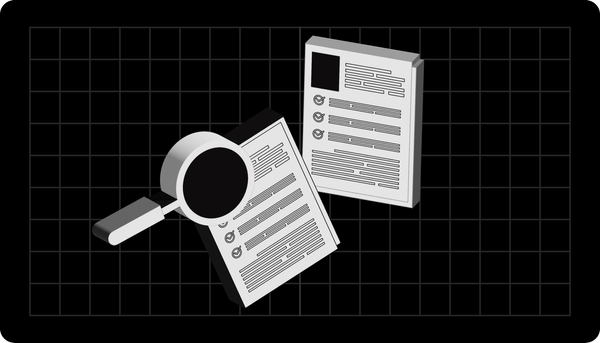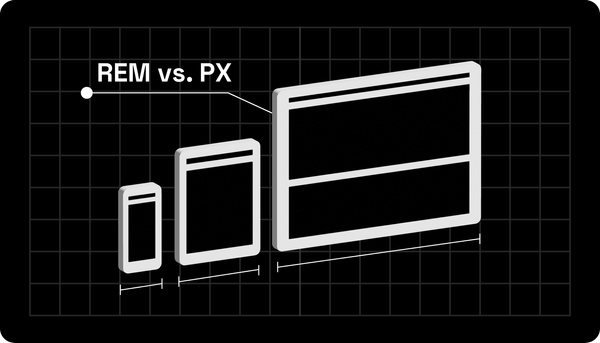What is SQL? Structural Query Language Explained (What it is Used For)
Imagine interacting with databases to access information in seconds. This is where SQL empowers you to do just that.

Imagine interacting seamlessly with databases, accessing information in seconds, and arranging data with expertise.
Structured Query Language (SQL) empowers you to accomplish just that.
Whether examining customer behavior, overseeing stock levels, or developing an application, SQL is essential for effectively accessing and managing data.
This guide will teach you about SQL, its functionality, and why mastering it is crucial for anyone involved with data.
What is SQL?
Structured Query Language manipulates, stores, and retrieves data in relational databases. It allows your end-users to interact effectively with the databases to fulfill different tasks like:
- Creating
- Deleting
- Updating
Whether you are in a mid to large organization, they use SQL, including Microsoft, Accenture, Facebook, and LinkedIn.
In 2021, StackOverflow ranked SQL as one of the most utilized databases and the 3rd most prevalent programming languages. Understanding how SQL is used helps one explore the databases used.
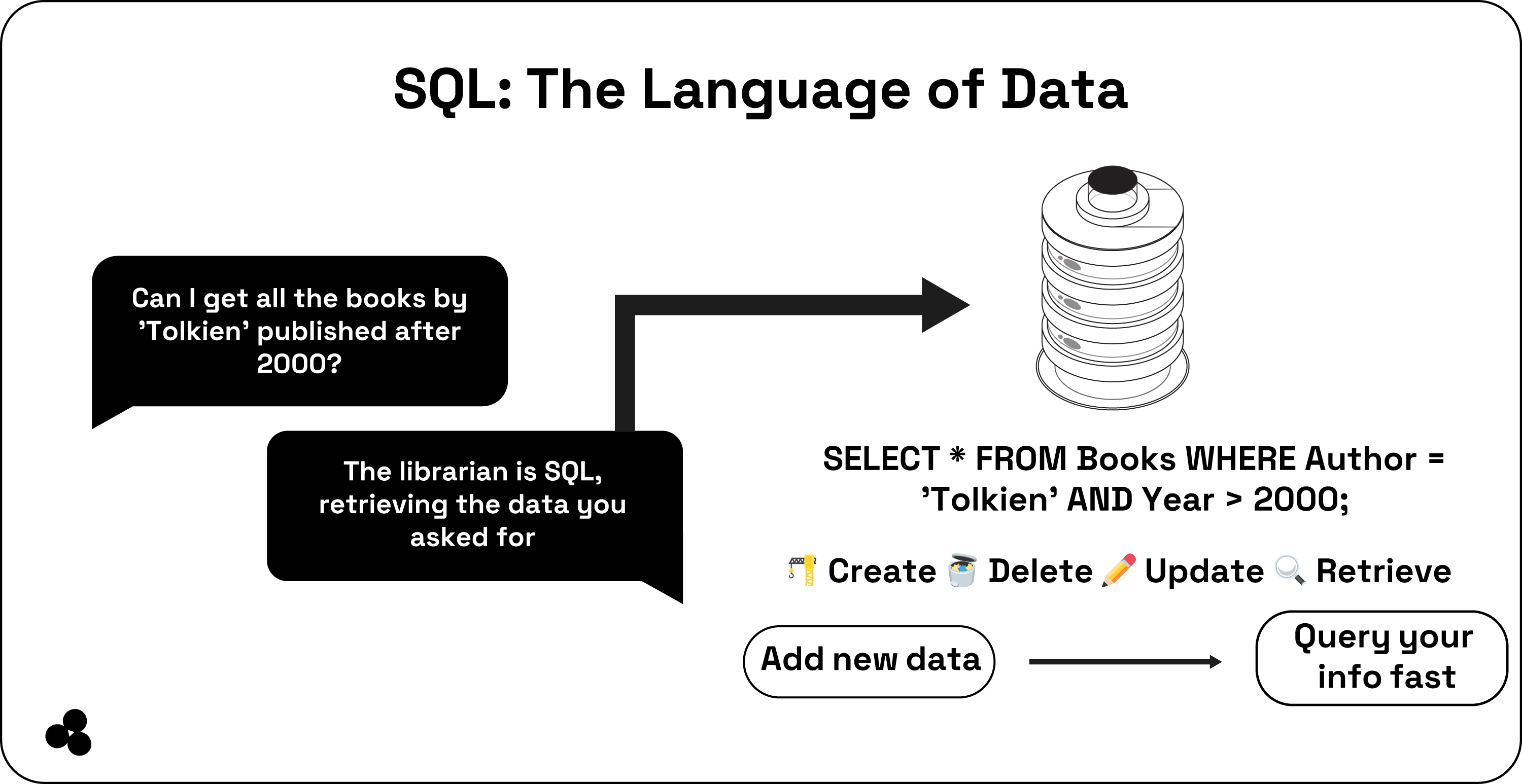
Short Intro to Databases
A database is an organized set of information stored and accessed digitally. It simplifies retrieving, analyzing, and updating internal data, often using SQL or a comparable programming language.
You would mainly use SQL because spreadsheets or files are not scalable. While these are appropriate for small businesses or startups, they cannot collect considerable amounts of data and only store limited information.
For example, an Excel file only stores up to one million rows of data, slowing down the system's performance when someone tries to execute complicated functions. A database can load over ten million rows of data in a minute.
Again, you can easily manipulate, aggregate, and analyze a database, which you cannot do in a text file or spreadsheet. Still, you can find different database types used within organizations to help store their internal data.
A popular one is a relational database that stores data points using pre-defined connections and can be accessed with SQL.
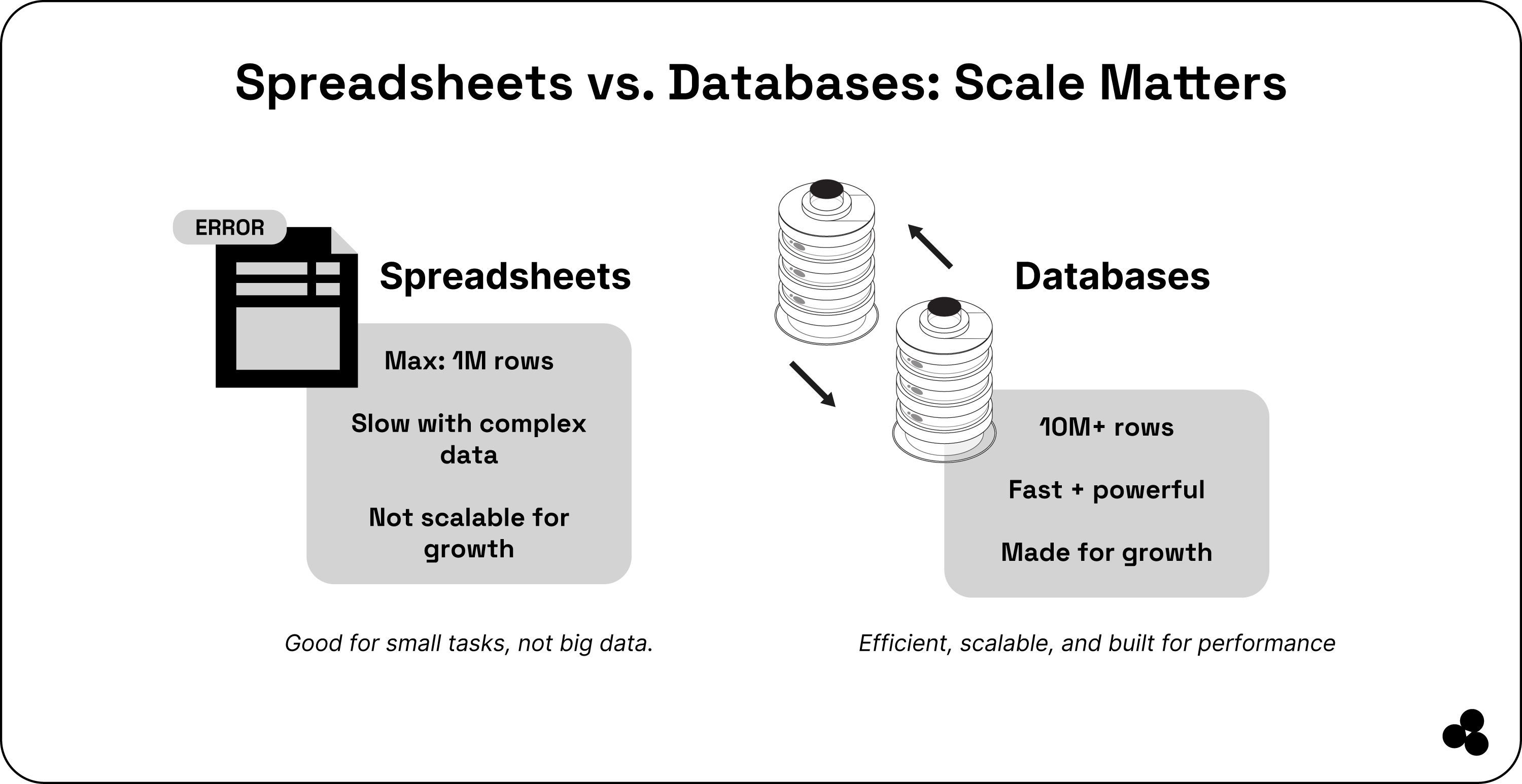
7 Ultimate SQL Uses
SQL offers many uses, mainly in finance, healthcare, and marketing.
1. SQL Marketing
If you are part of a marketing team and want to target customers to release promotions, you can do this based on your user data collection. You find the information in large databases and must query them before using them.
SQL Example in Marketing
You are a marketing director in an e-commerce business.
Whenever a user interacts with your company website, data is collected and stored in a relational database. The database holds over 1.6 million records.
Information collected can include a customer's gender, purchased items, user ID, and the time of purchase.
Check out the summarized view here of a database table you must query:
You must extract the details of your consumers who bought products during a sale you held between 20 and 30 May 2024. You want to retarget those users for another marketing campaign later in the year.
So, you can write the following SQL query to access the data you need in a few seconds:
The returned results will look as follows:
So, using SQL to extract relevant information helps analyze your business data.
2. SQL Finance
As with e-commerce for marketing, some organizations store their financial data in a database to keep it secure. As a financial professional, you can extract that data to make decisions.
SQL Example in Finance
You are a finance expert who needs to investigate your quarterly sales data to help develop a forecast for the following year. You must also specify periods with low sales to avoid this from occurring again.
You will write this SQL query to help you identify the months with low sales.
With the results, you can identify sales patterns and use the information to create a financial plan for the following year. You can also use it to identify sales over time and trends in revenue.
3. SQL Healthcare
SQL can be utilized to analyze and manage patient data within a clinical database. It enables the creation of dashboards and the generation of patient reports, drawing from the input of healthcare professionals.
SQL Example in Healthcare
You are part of a non-profit charitable company collecting data on deadly diseases found in rural locations. You have volunteers visiting those areas with high infection rates to help distribute vaccines to prevent the spread of that illness.
Here is a table of data created by your organization:
So, to identify your top ten regions with a high infection number, your SQL query will be as follows:
SELECT * from diseases
ORDER BY Cases DESC
LIMIT 10
Although the information provided can be helpful, it doesn't assist your volunteers in monitoring high-risk areas daily. Connecting your SQL database to a real-time dashboard can effectively visualize the infection rates across various regions.
4. SQL Mobile and Web Development
Web developers utilize SQL to create dynamic web applications.
It is also valuable during mobile app installations for securely generating usernames and passwords encoded and stored in databases.
This approach extends to various interactions, such as online shopping and newsletter subscriptions, where data is gathered and stored securely.
The same applies when interacting with an application, purchasing online, or subscribing to a newsletter. The information is collected and kept in a database.
5. Data Analytics
If you are skilled at identifying trends to make business decisions, you can use SQL to extract and analyze the data to provide actionable insights.
From stakeholders to managers, you can use the patterns you analyze when making decisions that add value to the business.
6. Business Analytics
As a business analyst, SQL can be an invaluable tool for identifying opportunities to enhance your organization and forming actionable recommendations to bolster its performance.
This approach can be applied across various functions, such as human resources and information technology, allowing you to suggest improvements based on the insights derived from your data analysis.
To achieve this, gathering and analyzing pertinent data using SQL and developing an engaging dashboard that effectively communicates your insights to senior management is essential.
7. Data Science
SQL plays a crucial role in deriving insights in data science, particularly in analysis and predictive modeling. It is vital for the following reasons:
- Data extraction and reprocessing allow for filtering, sorting, and aggregating quality datasets.
- Exploratory Data Analysis (EDA) facilitates comprehension of patterns and correlations within the database, aiding in developing hypotheses for modeling strategies.
- In feature engineering, SQL assists in generating new variables from existing data, which can improve model performance.
Why Learning SQL is Important
If you are considering data science and building machine learning models, you need to have the necessary data to do this. The truth is that you will not receive that information in well-structured spreadsheets.
To construct your predictive models, you must retrieve the required data from your business database to construct your predictive models.
Still, if you don't know SQL, you can always take an introduction course to learn the fundamentals.
This program will teach you about data organization, the principles of database construction, and how tables are structured within databases.
Once you learn the basics, you can take an intermediate course.
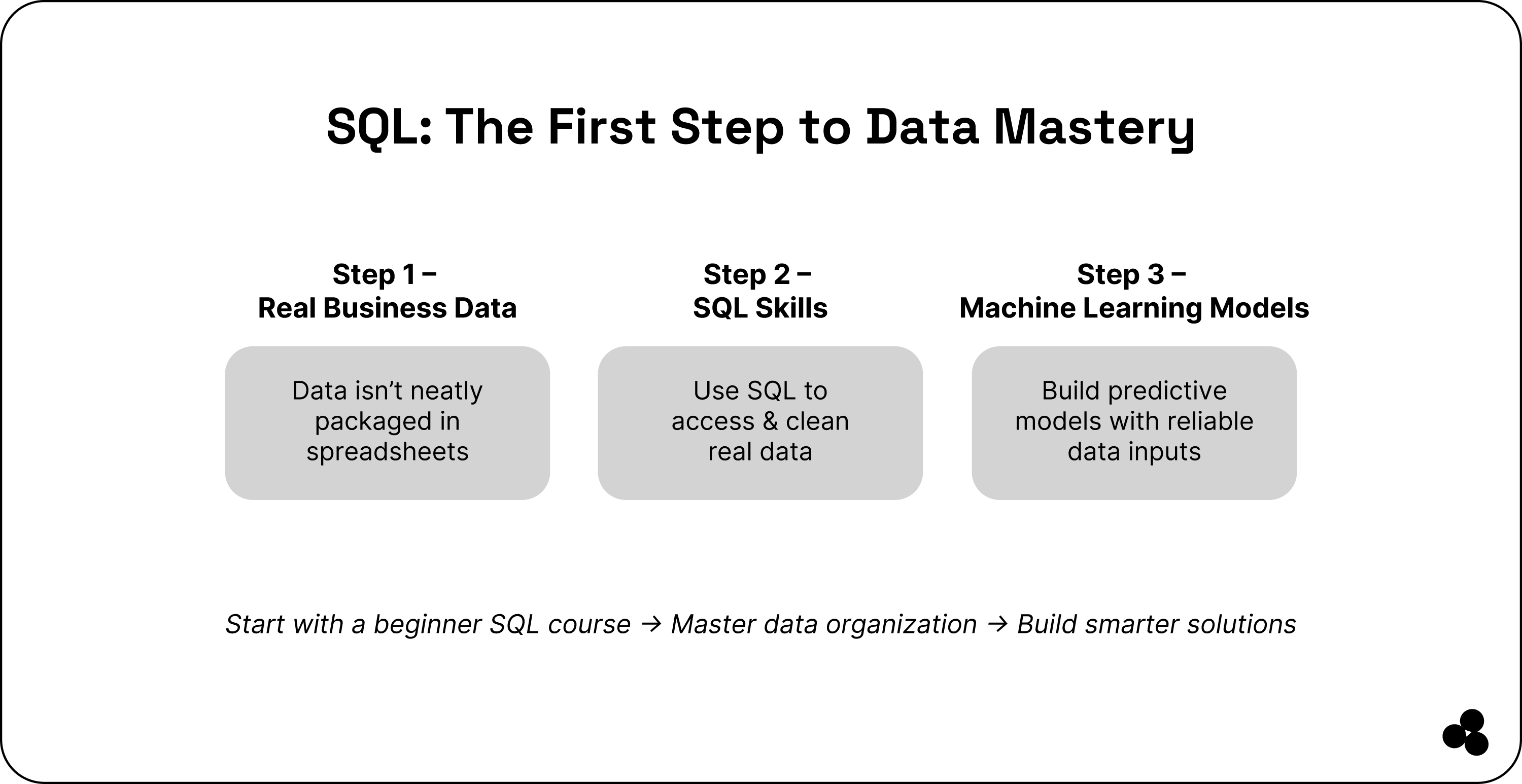
Wrap-Up: SQL Is Not Just a Programming Language
SQL is an essential tool used across industries. It can manage and analyze massive data sets, making it indispensable in the data-driven world.
Whether in finance, technology, marketing, or healthcare, SQL is present to unlock the potential of using data to make innovative solutions and inform decisions.
If you are navigating the digital landscape, learning SQL can add to your skills. But if you already know SQL and would like to prevent SQL injection attacks, check out our handy tool.




